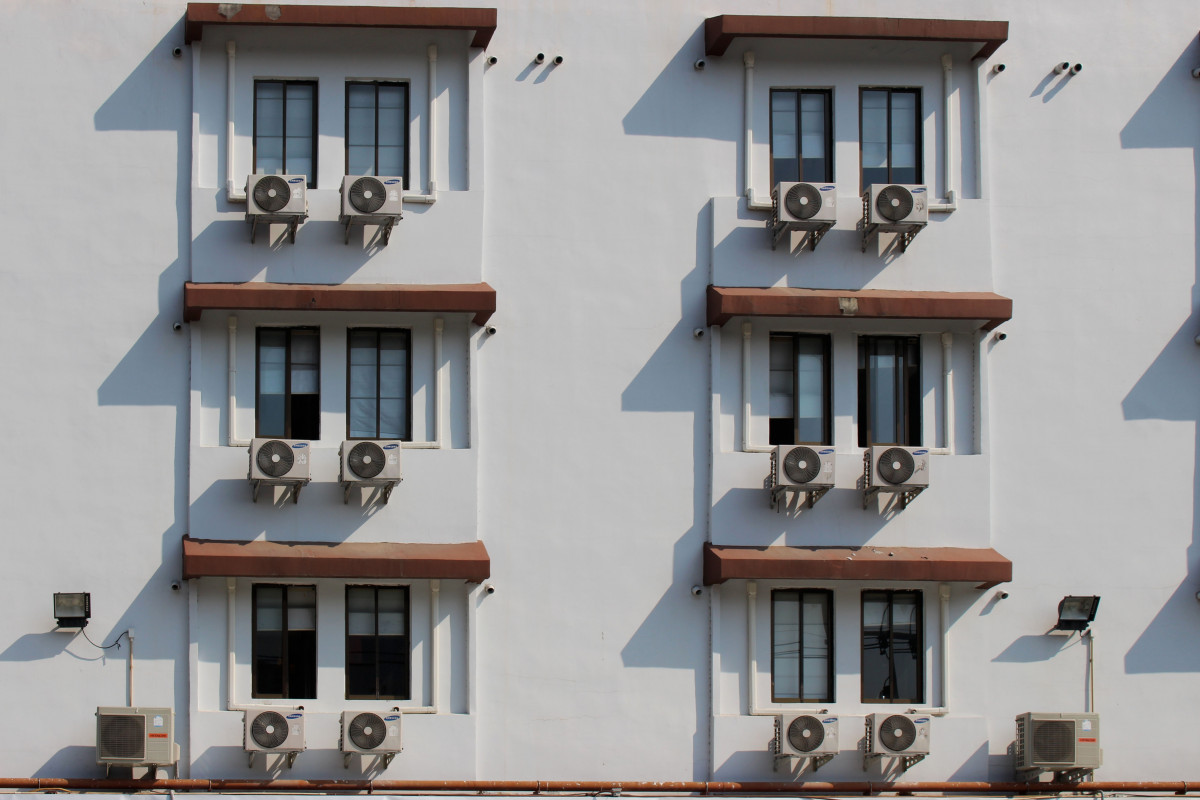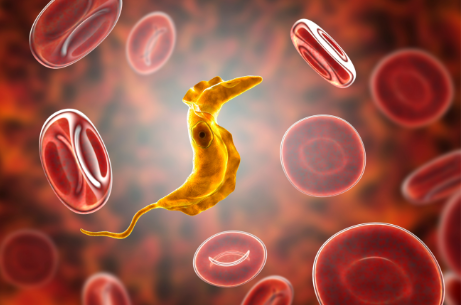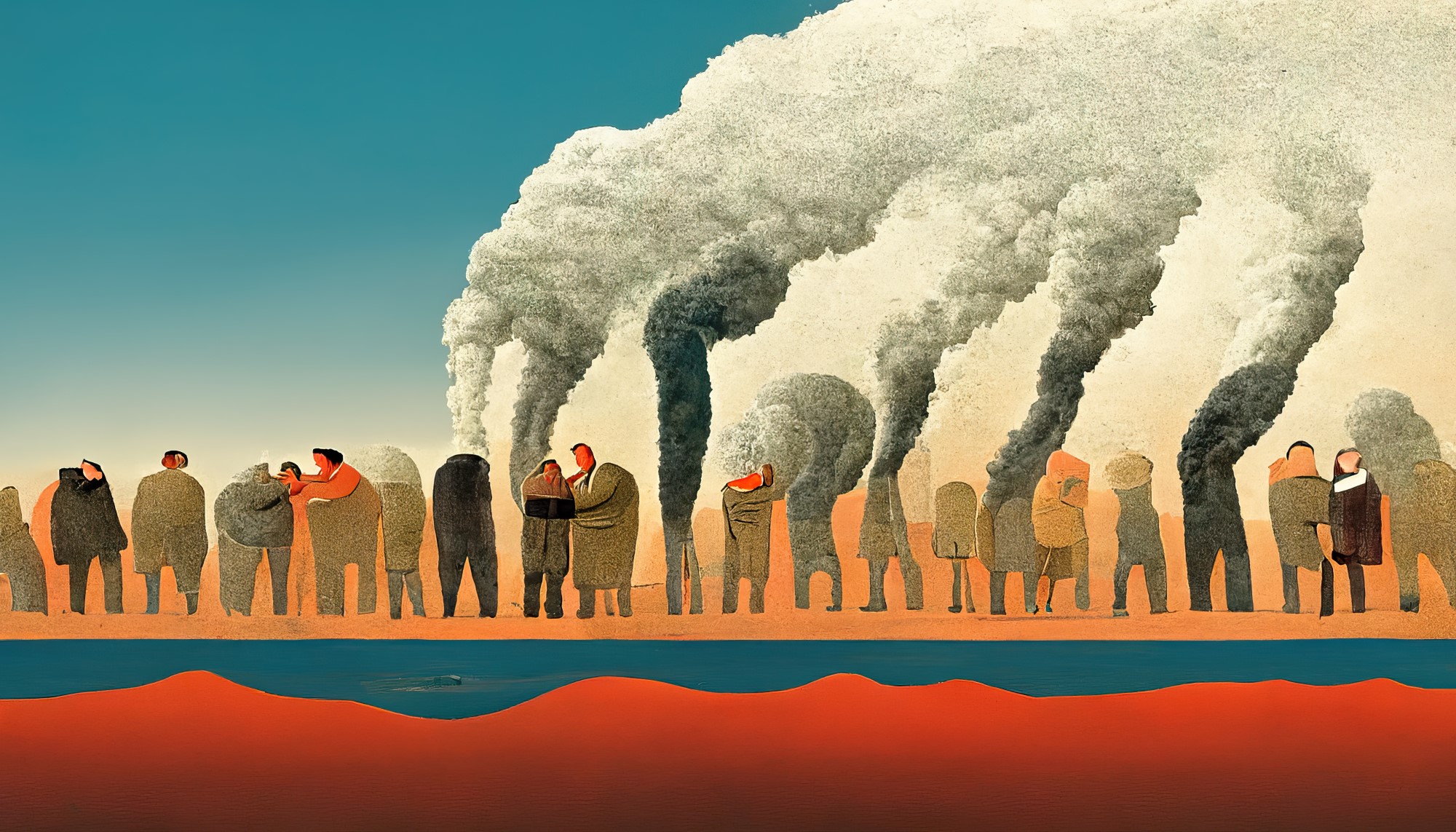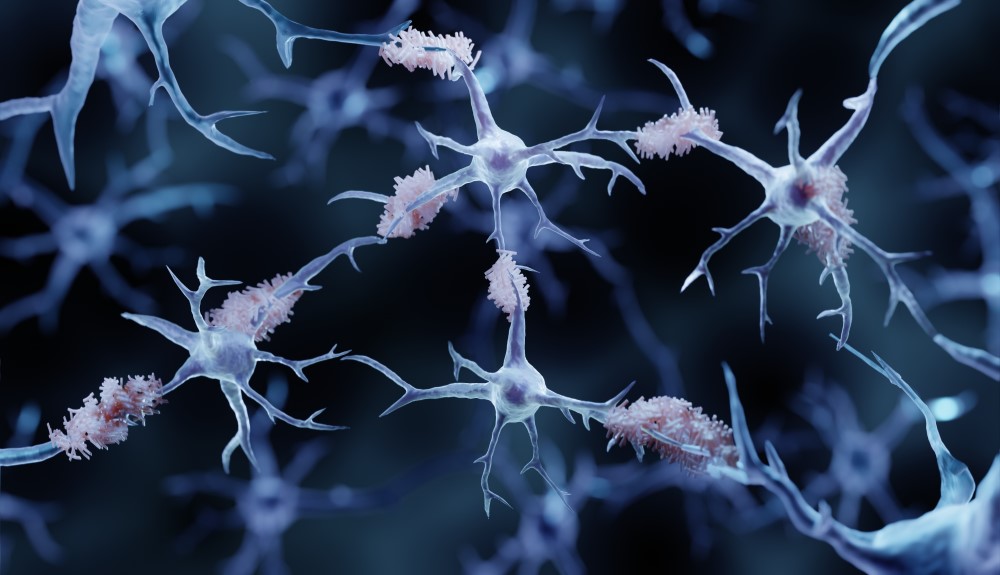Capping the consumption of European households who consume most energy - those with the highest incomes and education levels - could achieve "considerable emissions reductions", according to a UK research team. This benefit could also be achieved by simultaneously increasing the consumption of the poorest and most vulnerable users. The analysis, published in Nature Energy, estimates that limiting the energy use of the top 20 % of consumers in 27 countries in Europe would reduce emissions from domestic energy consumption by 11.4 %, 16.8 % from transport, and 9.7 % from total energy consumption. The article states that the association between high income and high energy consumption is particularly strong in countries such as Spain, where income inequality is relatively high.









